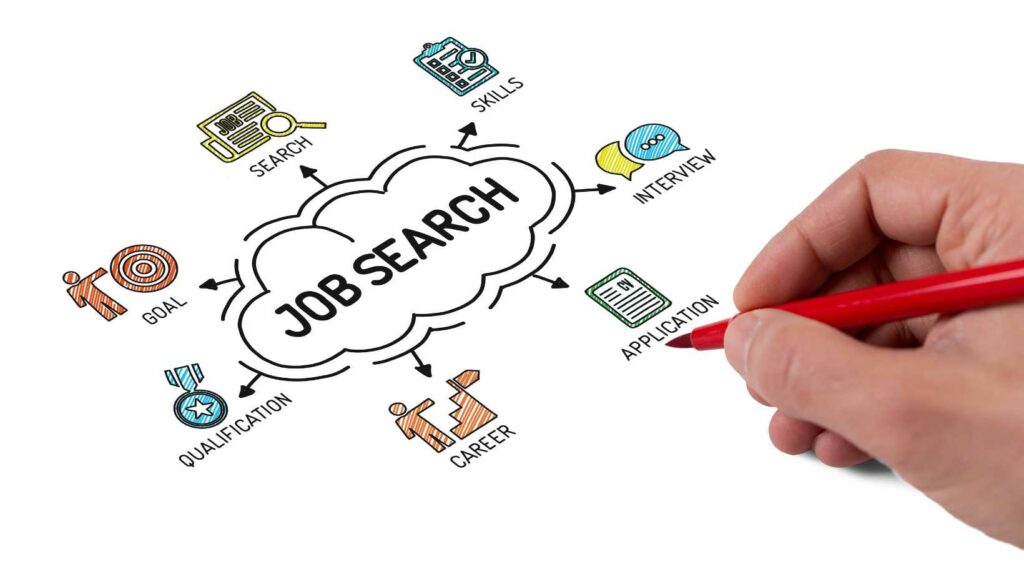Finding suitable jobs for deaf people can often be a challenge, but with the right resources and support, it is possible to discover fulfilling opportunities. The deaf community possesses a wide range of skills and talents that can contribute positively to various industries. In this article, I will explore some job options that are particularly well-suited for deaf individuals.
Table of Contents
ToggleOne area where deaf people excel is in visual communication. Utilizing their strong visual awareness, many deaf individuals thrive in creative fields such as graphic design, photography, and videography. These professions allow them to express their unique perspectives through visual storytelling. Additionally, advancements in technology have opened up new avenues for remote work and freelance opportunities in these fields.
Jobs For Deaf People
Career Opportunities for Deaf Individuals
When it comes to finding suitable career opportunities, deaf individuals possess a diverse range of options. Many industries and professions have become more inclusive and accommodating, creating an environment where deaf individuals can thrive. Here are some examples of jobs that are well-suited for deaf people:
- Sign Language Interpreters: As experts in sign language, deaf individuals can pursue careers as interpreters to facilitate communication between the hearing and deaf communities. They play a crucial role in various settings such as educational institutions, healthcare facilities, government agencies, and conferences.
- Captioning Services: Deaf individuals with excellent written communication skills can explore careers in captioning services. They transcribe spoken words into text during live events, television programs, online videos, or multimedia presentations to ensure accessibility for both deaf and hard-of-hearing audiences.
- Graphic Designers: With their keen visual sense and creativity, deaf individuals often excel in graphic design roles. They can create visually appealing designs for websites, advertisements, marketing materials, or publications using specialized software tools.
Challenges in the Workplace
Despite the increasing inclusivity in many workplaces, there can still be challenges faced by deaf individuals due to certain workplace limitations or misconceptions about their abilities:
- Communication Barriers: One common challenge is the lack of awareness about effective communication strategies between hearing colleagues and their deaf counterparts. It is essential for employers to provide training on sign language basics or alternative methods like written communication.
- Limited Accessible Tools: Some workplaces may not have adequate assistive technology devices or systems in place to support effective communication for deaf employees. Employers should invest in technologies such as video relay services, captioning software, or vibrating alert devices to bridge this gap.
- Discrimination and Stereotyping: Deaf individuals may face discrimination or stereotyping based on their disability, leading to limited career growth opportunities or unequal treatment. It’s important for employers to promote a culture of inclusivity and diversity within the organization.
Advancements in Assistive Technology
Advancements in assistive technology have opened up new possibilities for deaf individuals in various industries. These innovations aim to enhance communication, accessibility, and productivity:
- Video Relay Services (VRS): VRS allows deaf individuals to communicate with hearing people through sign language interpreters via video calls. This service facilitates smooth communication across different platforms, enabling effective interaction in both professional and personal settings.
- Real-Time Captioning: Real-time captioning services utilize speech recognition technology to provide instant text captions during live events or meetings. This enables deaf individuals to follow conversations without relying solely on sign language interpretation.
- Assistive Listening Devices: These devices amplify sound specifically for the individual wearing them, helping overcome challenges faced by deaf individuals in noisy environments like offices or conference rooms.
 Accessible Technologies For Deaf Workers
Accessible Technologies For Deaf Workers
When it comes to creating inclusive work environments, incorporating accessible technologies is key for deaf individuals. These technologies not only enhance communication but also empower deaf workers to excel in their chosen professions. In this section, I’ll highlight some of the most impactful accessible technologies that can benefit jobs for deaf people.
- Video Relay Service (VRS): VRS allows deaf workers to communicate through sign language via a video connection with an interpreter. This technology enables seamless communication between the deaf individual and their hearing counterparts, facilitating effective conversations during meetings, conferences, and phone calls.
- Communication Apps: With the rise of smartphones and tablets, there are now numerous communication apps specifically designed for deaf individuals. These apps utilize text-to-speech features, allowing users to type messages that are then converted into spoken words or vice versa. Some popular examples include Ava, RogerVoice, and Tunity.
- Real-Time Captioning: Real-time captioning services provide live transcriptions of spoken content during meetings or presentations. This technology ensures that deaf employees can follow along with discussions accurately and participate fully in workplace activities.
In conclusion, incorporating accessible technologies like video relay services, communication apps, real-time captioning, assistive listening devices, and vibrating alerts can significantly improve the work environment for deaf individuals. By embracing these technologies, employers demonstrate their commitment to inclusivity and provide equal opportunities for all employees to succeed.


 Accessible Technologies For Deaf Workers
Accessible Technologies For Deaf Workers








